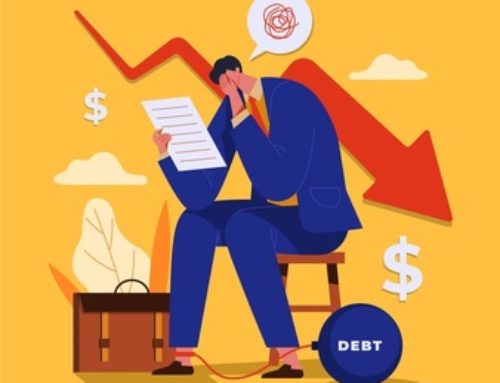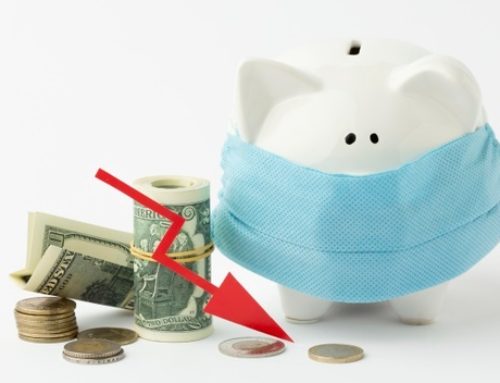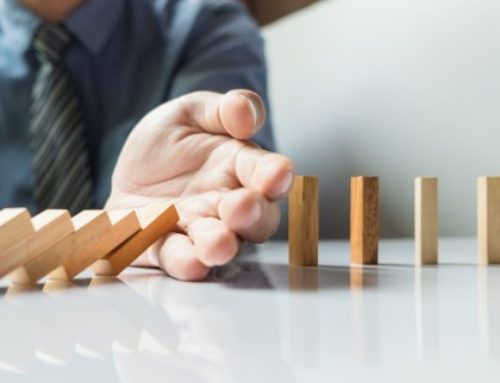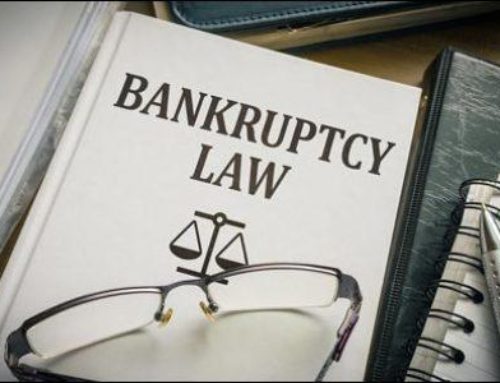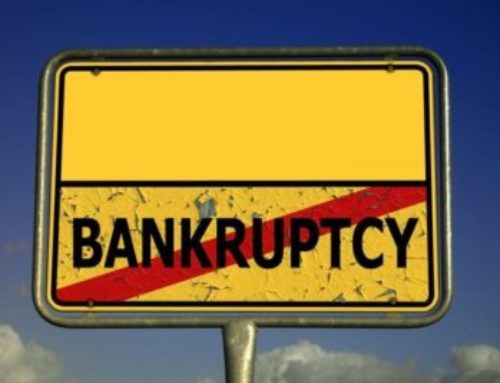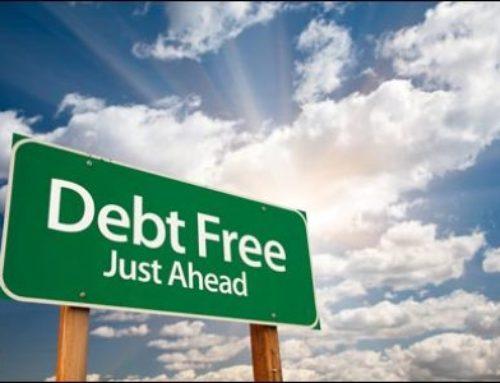Due to the increasing prices of necessities, most people struggle in budgeting their wages. When people don’t have enough to cover their expenses for their rent, food, utilities, or gas, some turn to a creditor and apply for a loan to get by. Some even apply for debt consolidation to pay off the rest of their loans. However, there are instances when the debtor experiences difficulties in paying off accumulated debt due to the high-interest rate that applies to the amount they owe or just the sheer amount of debts they applied for. It seems that getting out of debt is nearly impossible unless you win a lottery or file for bankruptcy. Consulting a bankruptcy attorney to assist you is the best way to a fresh start.
Chapter 7 Bankruptcy
It’s a type of bankruptcy that is meant to liquidate all your properties except for some properties with protections. In this way, the amount gathered from liquidating your non-exempted possessions will be used to repay your loans from creditors. However, filing would affect your credit score or the measure that creditors use to determine how likely debtors would pay their dues on time.
Qualifying for Chapter 7 Bankruptcy
 Filing for bankruptcy in Arizona requires you to take a means test to determine your eligibility for Chapter 7. The test looks at your income from the past six months before filing. It will then be compared to the Arizona median income. You will be considered eligible if your income falls below the median. The same test will determine if you still qualify for Chapter 7 or should you opt for Chapter 13 instead. You should also attend credit counseling managed by a state-approved agency 180 days before filing.
Filing for bankruptcy in Arizona requires you to take a means test to determine your eligibility for Chapter 7. The test looks at your income from the past six months before filing. It will then be compared to the Arizona median income. You will be considered eligible if your income falls below the median. The same test will determine if you still qualify for Chapter 7 or should you opt for Chapter 13 instead. You should also attend credit counseling managed by a state-approved agency 180 days before filing.
After that, you should properly provide a list of your assets and liabilities. Some of the information that you may be required to submit are:
- Monthly income and expenses
- Current contracts or leases
- List of credit cards and your existing balance
- Proof of attendance to a credit counseling class
- Repayment plan
Exempted and Non-exempted properties
In the process of filing for a Chapter 7 bankruptcy, all your properties will undergo liquidation. It’s the process of selling your properties to pay for some, if not all of your current debts. However, during this procedure, your properties can be classified as exempt or non-exempt properties. Under federal bankruptcy law, some of your properties can avoid being sold. Exempted properties would include your:
- Your primary residence
- Personal properties
- Your primary vehicle
- Other particularly identified properties
On the other hand, properties that are not considered as any of the items listed above are considered non-exempt. Examples of properties that are non-exempt are:
- Musical instruments (except for musicians by profession)
- Collections
- Heirlooms
- Secondary vehicle
- Secondary residences (vacation houses, rest houses, etc.)
Eligible debts to be discharged
Chapter 7 is however not a 100% solution to all your debts. Under its provisions, it will only discharge some of your debts. These include:
- Medical bills
- Credit card bills
- Personal loans
- Mortgage*
- Car loan*
*can be discharged, however, the property must be repossessed.
Meanwhile, the following are some of the debts that will not be discharged:
- Child support
- Alimony
- Criminal restitution
- Debts that were not declared when you filed for bankruptcy
- Fines and penalties
- Court fees
- Tax debts
- Student Loans (can be filed to be discharged. Must be proven that the person will be having difficulties in paying and cannot maintain the minimum standard of living)
Automatic Stay
When you are filing, bankruptcy laws also give protection to debtors in the form of the automatic stay. This temporarily restricts wage deductions due to debt, eviction, foreclosure of properties, disconnection of utilities, and collectors from contacting the debtors for debt payment. However, any lawsuit concerning child support, alimony, tax returns, or criminal charges will not be affected by the automatic stay and will proceed as usual.
Filing for bankruptcy during divorce
Everyone can be qualified to file bankruptcy, whether it is a person who recently graduated from school, working people, even married couples. Unfortunately, some couples file for divorce due to debt problems. A couple filing for bankruptcy usually uses a joint petition, allowing them to reduce fees while discharging some of their incurred debts. In other cases when the spouse’s financial situation is worse than the other, they may separately file for bankruptcy. There are also instances where they wait for the divorce to be finalized before they start the bankruptcy process. This is to make sure that they will pass the means test easier and file for a Chapter 7 bankruptcy.
Bankruptcy filing is a very tedious process. Phoenix Fresh Start Bankruptcy Attorneys offers free bankruptcy consultation with our friendly bankruptcy attorneys. Schedule an appointment or contact us so we can assist you in achieving that debt relief.

